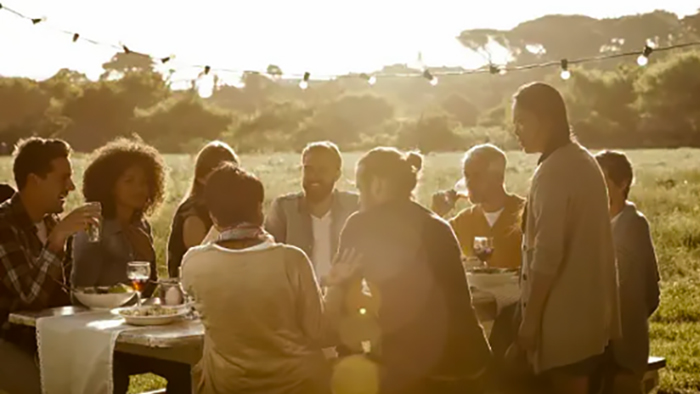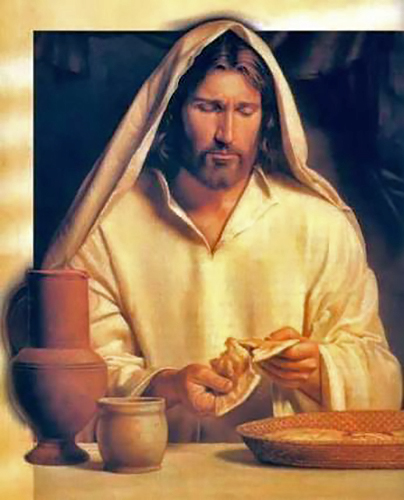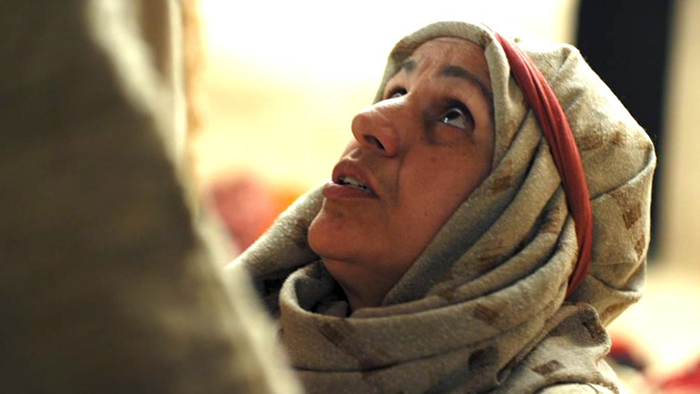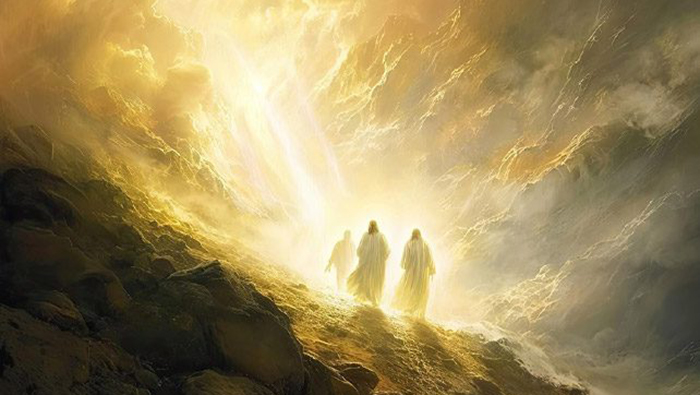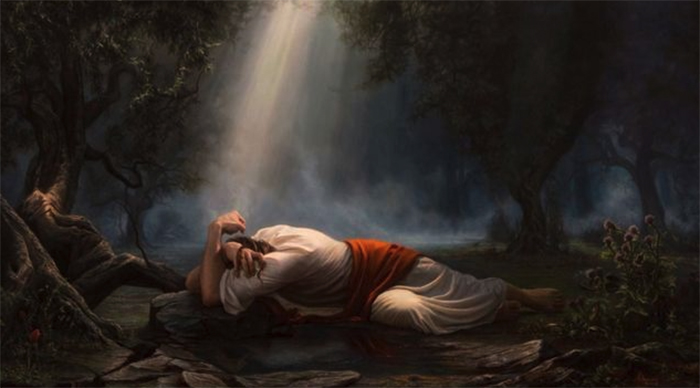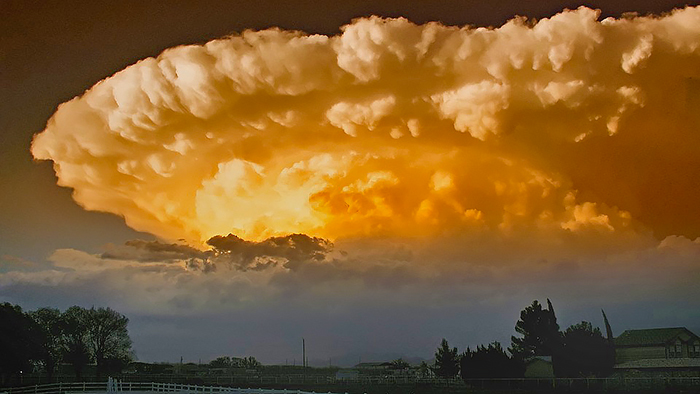
We all like to think of ourselves as big-hearted, having wide compassion and loving as Jesus did, but too much within our attitudes and actions belies this. Our love, truth, and worship are often unconsciously predicated on making ourselves right by making others wrong. Too often, we have an unconscious mantra that says: I can only be good if someone else is bad. I can only be right if someone else is wrong. My dogma can only be true if someone else’s is false. My religion can only be right if someone else’s is wrong. My Eucharist can only be valid if someone else’s is invalid. And I can only be in heaven if someone else is in hell. Fr. Ron Rolheiser wrote the above as he spoke about how we view heaven and the kingdom of God. Yet, as Fr. Rolheiser writes, the scripture verse today tells us God’s salvific will is universal and that God’s deep, constant, passionate longing is that everyone, absolutely everyone, regardless of their attitude and actions, is somehow brought into the house. It seems God does not want to rest until everyone is home, eating at the same table. We see in the Gospel of Luke how Jesus weaves together three stories to make this point: The shepherd who leaves the 99 sheep to search for the one stray; the woman who has ten coins, loses one, and cannot rest until she has found her lost coin; and the father who loses two sons, one to weakness and one to anger, and will not rest until he has both back in the house. Our heaven, too, must be a wide one. Like the woman who lost a coin, like a shepherd who has lost a sheep, and like the father of the prodigal son and older brother, we too shouldn’t rest easy when others are separated from us. The family is only happy when everyone is home. What ultimately characterizes a genuine faith and a big heart is not how pure our churches, doctrines, and morals might be, but how wide the embrace of our hearts is.

